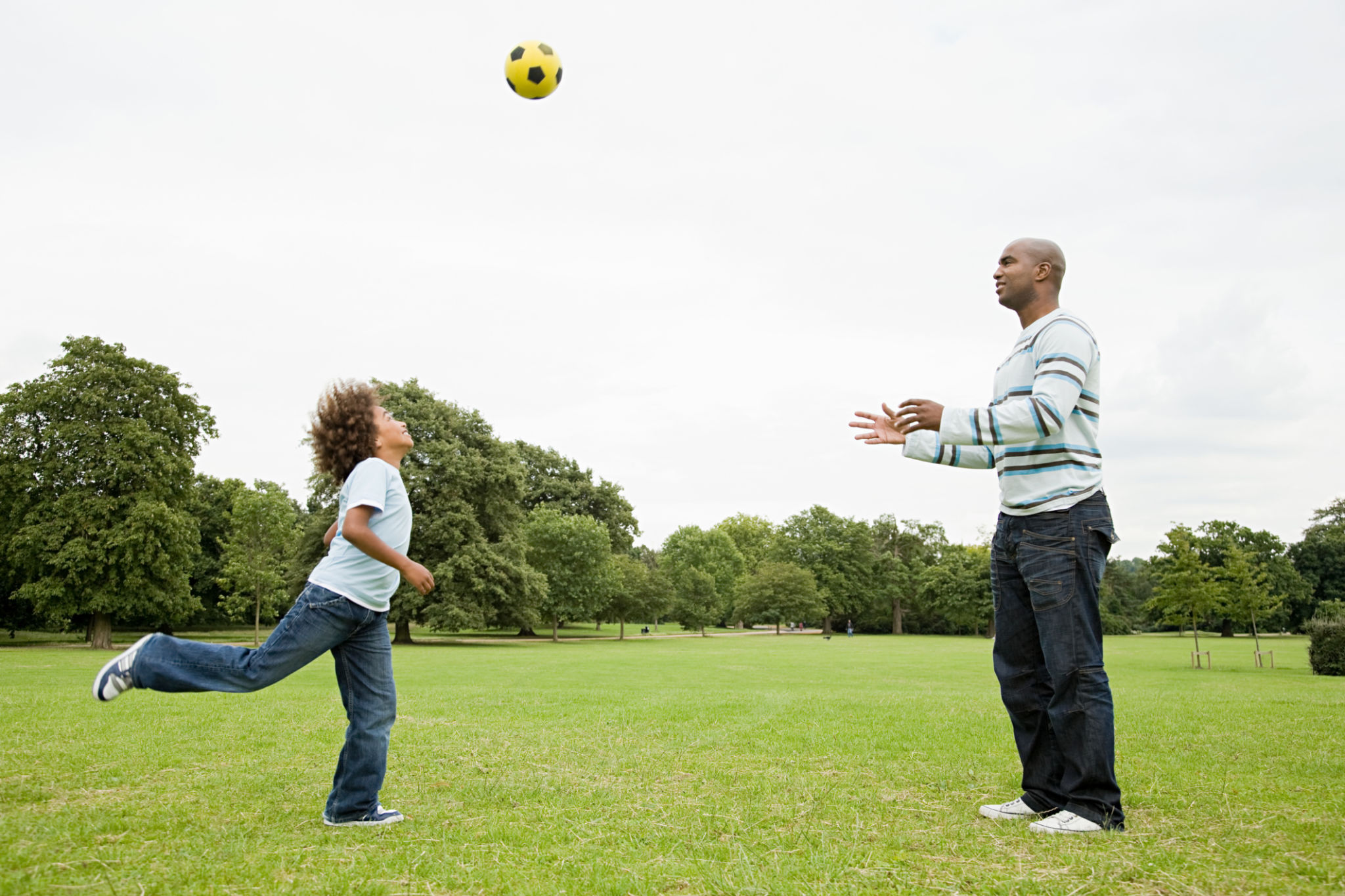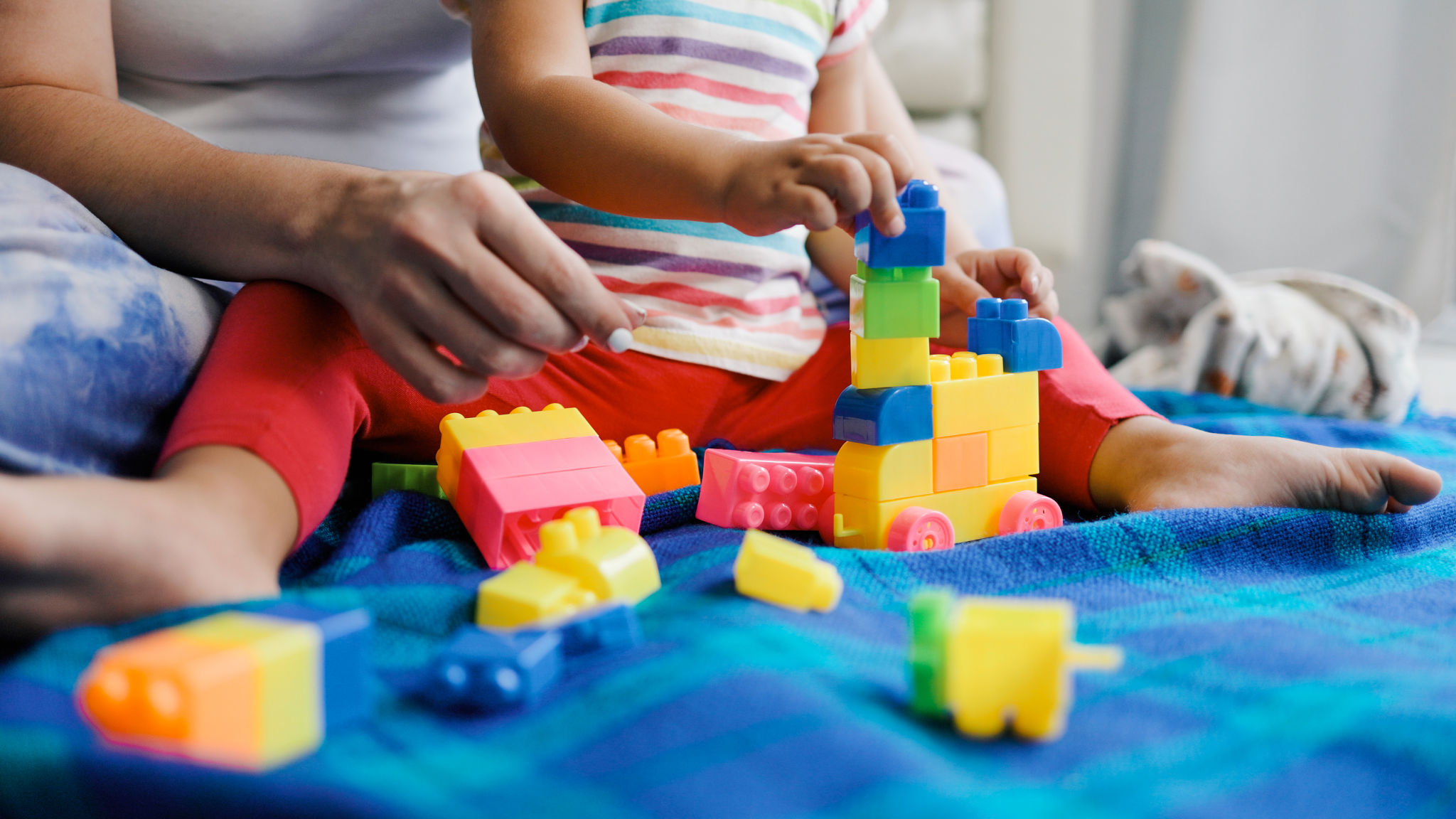Benefits of Play-Based Learning in Early Education: A Parent's Guide
Understanding Play-Based Learning
Play-based learning is an educational approach that uses play as the primary method for children to explore, discover, and make sense of the world around them. This method is increasingly gaining popularity in early education settings due to its numerous benefits that foster children's overall development. By engaging in structured and unstructured play, children learn to think critically, solve problems, and develop social skills.
In a play-based learning environment, children are encouraged to take the lead and explore topics that interest them. Teachers act as facilitators, guiding and supporting children's learning without imposing strict guidelines or limitations. This approach is effective in promoting creativity and imagination, ensuring that learning remains a fun and engaging experience.

The Cognitive Advantages of Play
One of the major benefits of play-based learning is the development of cognitive skills. As children engage in different types of play, they enhance their ability to think critically and solve problems. For example, building blocks can help children understand basic concepts of physics and engineering, while pretend play can enhance language skills and storytelling abilities.
Play also supports memory development and attention span. Engaging in activities that require concentration and focus helps children improve their ability to remember details and sustain attention over time. This cognitive growth lays a strong foundation for more complex learning in later years.

Social and Emotional Growth
Play-based learning is instrumental in fostering social and emotional development. Through play, children learn to communicate effectively, collaborate with peers, and navigate social situations. This interaction helps them develop empathy, understand different perspectives, and build friendships.
Moreover, play provides an opportunity for children to express their emotions in a safe environment. They learn to manage feelings such as frustration, excitement, and disappointment, which is crucial for emotional regulation. These experiences contribute to building resilience and self-confidence.
Physical Development through Play
Physical activity is an integral part of play-based learning. Through activities such as running, climbing, and jumping, children develop gross motor skills that are essential for overall physical health. Fine motor skills are also enhanced through activities like drawing, cutting, and manipulating small objects.
Regular physical activity not only supports healthy growth but also contributes to cognitive development by increasing oxygen flow to the brain and improving concentration levels. Encouraging physical play helps children develop healthy habits that can last a lifetime.

Fostering Creativity and Imagination
Play-based learning encourages creativity and imagination by providing children with the freedom to explore and experiment. Activities like art projects, pretend play, and storytelling allow children to express themselves creatively and think outside the box.
This creative exploration is critical for innovation and problem-solving skills. By fostering an environment where imagination can flourish, children become more adaptable and open-minded, qualities that are invaluable in today's rapidly changing world.
How Parents Can Support Play-Based Learning
As a parent, there are several ways you can support play-based learning at home. Create a stimulating environment with a variety of toys and materials that encourage exploration and creativity. Allow your child ample time for free play each day without overly structured activities.
Engage with your child during playtime by asking open-ended questions that prompt them to think deeper about their activities. Encourage them to try new things and celebrate their creativity. Your involvement will not only enhance their learning experience but also strengthen your bond.

Conclusion: The Lasting Impact of Play-Based Learning
The benefits of play-based learning extend far beyond early childhood education. By nurturing cognitive, social, emotional, physical, and creative development through play, children are better prepared for future academic challenges and life experiences.
As a parent, embracing play-based learning allows you to actively participate in your child's growth journey. This holistic approach not only makes learning enjoyable but also equips children with the essential skills they need to thrive in the world.
